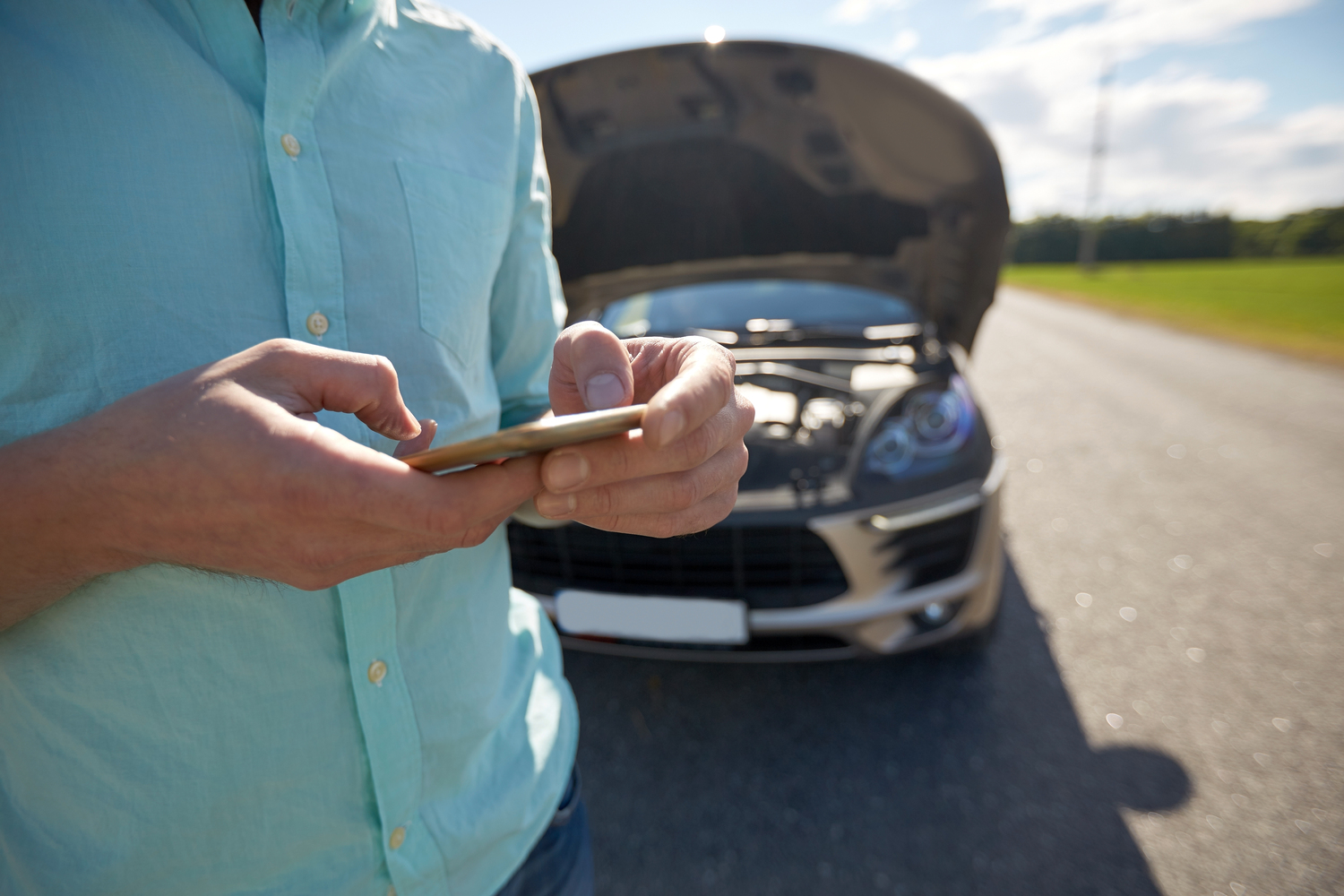This article was published on 17 Nov 2025. At the time of publishing, this article was true and accurate, however, over time this may have changed. Some links may no longer work. If you have any concerns about this please contact us.
Vehicle breakdowns can happen at any time – day or night, weekday or weekend. While there’s never a good time for your car to stop working, knowing the most common reasons can help you prepare, prevent issues, and get back on the road faster.
In this guide, we’ll cover the top causes of car breakdowns and what you can do to reduce the risks.
1. Battery Problems
A flat or faulty battery is one of the most common reasons for a breakdown. Causes include:
- An old or failing battery
- Short, infrequent journeys that don’t allow for a full recharge
Prevention tips:
- Consider charging your battery overnight every few weeks
- Replace your battery every 3-5 years, depending on usage
2. Alternator Issues
The alternator recharges your battery and powers your car’s electrical systems.
Warning signs:
- Flickering battery light
- Dim headlights
- Potentially, slower than normal windscreen wipers
Unfortunately, alternators can’t be maintained, but spotting early warning signs helps avoid sudden failure.
3. Starter Motor Failure
The starter motor draws power from the battery to start the engine when the car ignition is switched on.
There’s little you can do to avoid starter motor issues, but regular servicing can help catch problems before they worsen.
4. Tyre and Wheel Damage
Punctures, blowouts, or damage can happen anytime—often caused by debris or under-inflated tyres.
Prevention tips:
- Check tyre pressure and tread regularly, ideally when you make a stop to refuel
- Keep a spare wheel or puncture repair kit in your car
- Ensure tyres meet MOT standards year-round
5. Misfuelling
Every year, thousands of drivers put the wrong fuel in their cars. It’s easily done. Petrol mistakenly goes into diesel cars more often, as the petrol nozzle fits easily into a diesel filler neck.
If you misfuel:
- Do not start the car
- Avoid turning the ignition (it primes the fuel pump)
- Call your breakdown provider or garage for specialist help
6. Electrical Problems
Modern cars have increasingly complex electrical systems. Faults can affect everything from your headlights to the infotainment system.
Tip: Other than replacing bulbs, leave electrical issues to a professional mechanic who can run diagnostics safely.
7. Low Oil Levels
Oil lubricates engine parts and prevents overheating. Running low can cause severe engine damage – even complete engine failure.
Prevention tips:
- Don’t rely only on the oil warning light
- Use the dipstick regularly to check oil levels
8. Lost Keys
Locked out or lost keys? You’re not alone. Newer cars often use microchipped keys, designed to make them harder to steal, but makes replacements trickier.
Tip: Keep a spare key at home, and if stranded, call your breakdown provider, car dealer or specialist locksmith.
Breakdown cover that keeps you moving from £61.60 per year.
Provided by ERS, Police Mutual Rescue unlike the AA or RAC, doesn’t have a fleet of branded vans, but utilises UK wide recovery specialists to rescue you 24/7 when your car breaks down.
UK cover comes with:
- Misfuelling cover
- Lost keys and lock assistance
- Home assistance
- Onward travel provision should your car not be repairable
Terms & Conditions apply.
For full policy cover details including any exclusions, please call 0151 242 7640 or visit our breakdown page.
Police Mutual Rescue (Breakdown Cover) is provided by ERS (Syndicate 218 at Lloyds).
For your security, all telephone calls are recorded and may be monitored.

